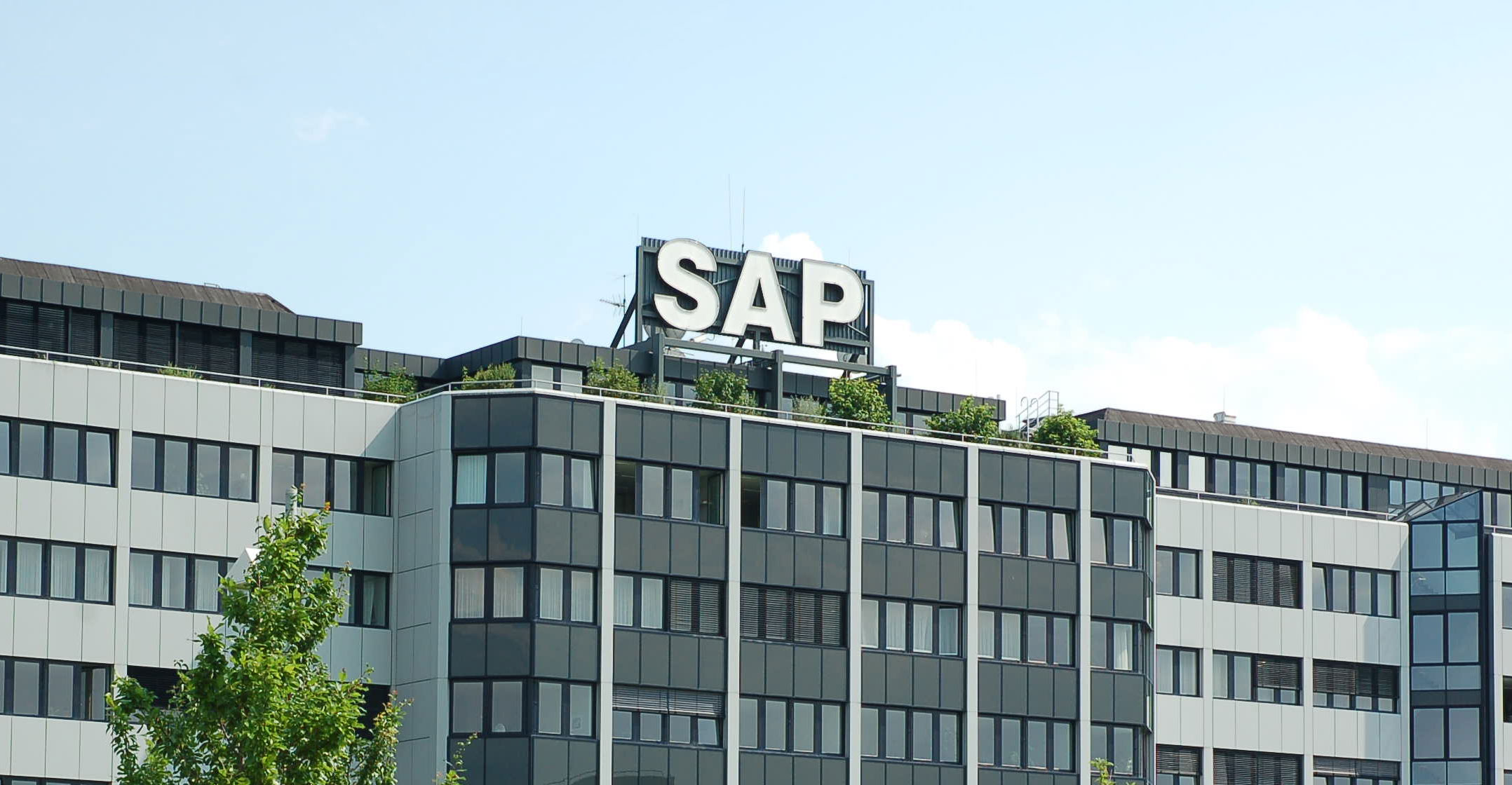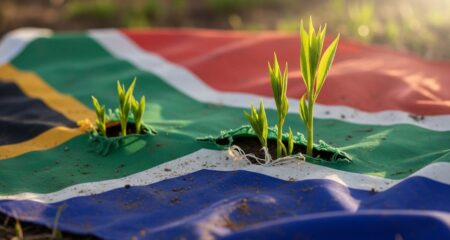
Transnet has distanced itself from third-party payments made by software giant SAP to win contracts with South Africa’s state-owned ports and rail operator, saying they are an issue for the German company and its business partners.
“Transnet has no knowledge of the arrangement between SAP and the people it paid commission to,” CEO Siyabonga Gama told reporters in Johannesburg on Monday. “The preliminary view is that it’s a matter between SAP and the people it paid.”
SAP said last week it transferred R94m to companies linked to the Gupta family, who have been accused of using political connections to win state contracts and influence the appointment of cabinet ministers. In return, the Walldorf-based company received assistance in winning contracts with Transnet and state utility Eskom, it said. The Guptas deny wrongdoing.
SAP found no evidence that payments were made directly to Transnet officials, and Gama said third-party commissions weren’t part of contracts between the two companies.
“They have a commission structure that’s nothing to do with Transnet,” he said in an interview. “There’s no employee of Transnet who was involved in this.”
US authorities, including the department of justice, are investigating SAP’s business in South Africa. Allegations of corruption surrounding the Guptas have also embroiled auditor KPMG and consultant McKinsey & Co, which have both said work in the country has been substandard. SAP’s own investigation into the third-party payments is ongoing, with law firm Baker McKenzie expected to conclude its probe into Transnet and Eskom contracts by the end of the year.
Gama was speaking as Transnet reported an 18% increase in first-half earnings before interest, taxes, depreciation and amortisation to R16.3bn. Sales rose 14% and freight volumes gained 7.9%.
The company said borrowings increased by 1.2% to R124.8bn as of end September, when compared to six months earlier. Transnet is operating within loan covenant requirements and has “enough headroom” to borrow more, the CEO said. — Reported by Kevin Crowley, (c) 2017 Bloomberg LP




